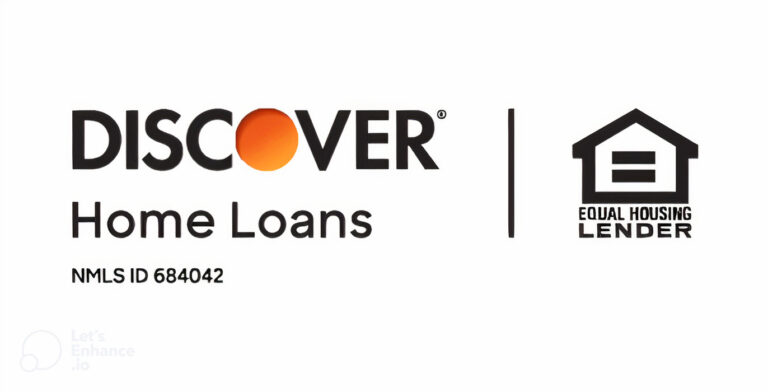Sponsored Content: Whether bills are piling up or there’s a big purchase on the horizon, knowing how to leverage lending options can help people manage their debts and finances more effectively.
Let’s say you’re a homeowner on the cusp of pursuing continuing education, undertaking a major renovation project, or planning a wedding. Before spending a lot of money, it’s good to know what your financing options are and when to use a secured loan backed by collateral such as a home equity loan versus using use a credit card.
Home Equity Loans
A home equity loan is a type of secured loan that uses your home as collateral. It typically has one major pro and one major con compared to unsecured loans and lines of credit:
Pro — Home equity loans from Discover® Home Loans and other lenders tend to come with better interest rates than unsecured loans. This means that a home equity loan makes it possible for borrowers to spend less in overall interest.
Con — If a borrower defaults on a home loan, that person risks foreclosure. It’s best to take out secured loans only when you’re confident you can afford to make monthly payments for the life of the loan.
Home equity loans also share a benefit with other loans, compared to lines of credit such as credit cards — borrowers can get the amount they need as a` lump sum and set a stable repayment schedule, so they know they’re on track to be debt free in a set period.
Interest rates for home equity loans are typically fixed, making home equity loans a more predictable expense.
Credit Cards
Credit cards are easy, efficient, and satisfying to use — especially when they come with points or rewards for spending. However, there are a few major downsides to financing big purchases with credit cards when there are other options.
Most credit cards have a variable interest rate, and whether it’s on the upswing or the downswing, credit card interest at a standard annual percentage rate (APR) may be substantially higher than a home equity loan.
There are exceptions to this — primarily, credit cards with a low introductory APR offer can be a good way to finance purchases if they’re paid off before that period expires. Additionally, for month-to-month purchases, buyers can typically make charges interest-free if they pay off their full statement balance each month.
For credit cards that offer bonus points in a specific category such as travel or groceries, it may be smart to charge them if the bill can be repaid in a timely manner.
What’s more, some purchases might be simply unattainable with a single card’s credit limit, so it’s nice to have other options.
Which Is Best?
Making big purchases is no light decision. Credit cards are convenient for purchasing TVs, airfare, and everyday goods, and home equity loans are often better choices home renovations or other large purchases that can be repaid over the span of several years.
Taking the time to evaluate the rewards and pitfalls of all options before taking out large debts can help anyone make the right decision.
About Discover Home Loans

Discover Home Loans provides home equity loans and mortgage refinance options with a range of benefits for qualified homeowners. Find options that fit within your budget at discover.com/home-loans. © 2023 Discover Bank, Member FDIC | NMLS ID 684042
Contact Information:
Name: Carolina d’Arbelles-Valle
Email: [email protected]
Job Title: Senior Digital PR Specialist
Tags:
Go Media, CE, PR-Wirein, ReleaseLive, Financial Content, Google News, Reportedtimes, IPS, Extended Distribution, iCN Internal Distribution, English
